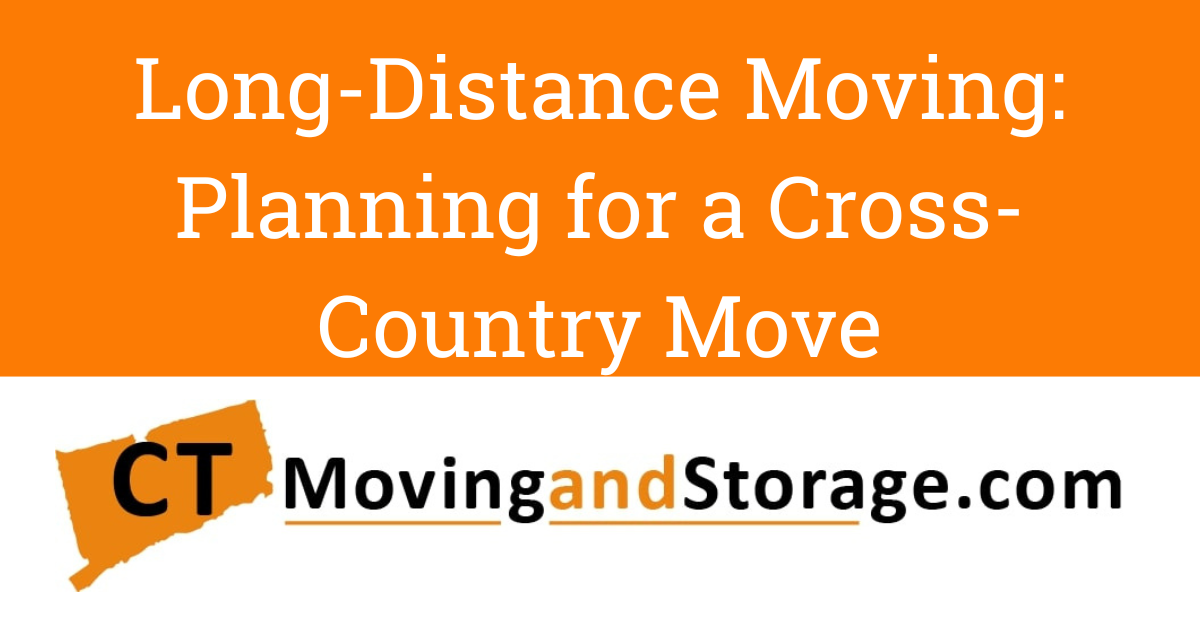The Psychological Impact of Moving and How to Cope
Moving is more than just a physical transition; it’s an emotional journey that can significantly impact your mental well-being. Whether you’re relocating to a new city or just across town, the stress, anxiety, and uncertainty that often accompany a move can take a toll on your mental health. In this blog, we’ll explore the psychological effects of moving and provide strategies to help you cope and stay positive throughout the process.
1. Understanding the Emotional Challenges of Moving
Moving disrupts your daily routine, changes your environment, and can lead to feelings of instability. It’s not uncommon to experience a range of emotions, including sadness, anxiety, or even anger. For many, leaving behind familiar surroundings, friends, and a sense of community can create a sense of loss or isolation, which may trigger what is known as “relocation depression.” Recognizing these emotional challenges is the first step toward managing them effectively.
2. Common Psychological Effects of Moving
Different aspects of moving can lead to specific psychological impacts, which include:
3. Coping Strategies to Reduce Moving Stress
Managing the psychological effects of moving involves both planning and self-care. Here are some strategies to help you cope:
4. Supporting Children and Family Members
The emotional impact of moving can be even more significant for children and other family members who might be more resistant to change. Here are some tips to ease the transition:
5. When to Seek Professional Support
While some stress and sadness are normal during a move, prolonged feelings of depression or anxiety may indicate the need for professional help. If you or a family member are struggling to cope or feel overwhelmed, consider speaking with a therapist or counselor who specializes in life transitions. They can provide strategies and support tailored to your needs.
Get Moving Support Beyond the Boxes
Moving is a big change, but it doesn’t have to be an overwhelming one. By recognizing the emotional impact of relocating and using these coping strategies, you can make the transition smoother and more positive for yourself and your family. If you’re planning a move and want to reduce stress, consider working with a professional moving company like CT Moving and Storage. We handle the logistics, so you can focus on the emotional well-being of your loved ones during this transition.








